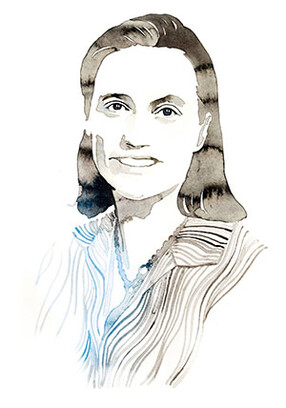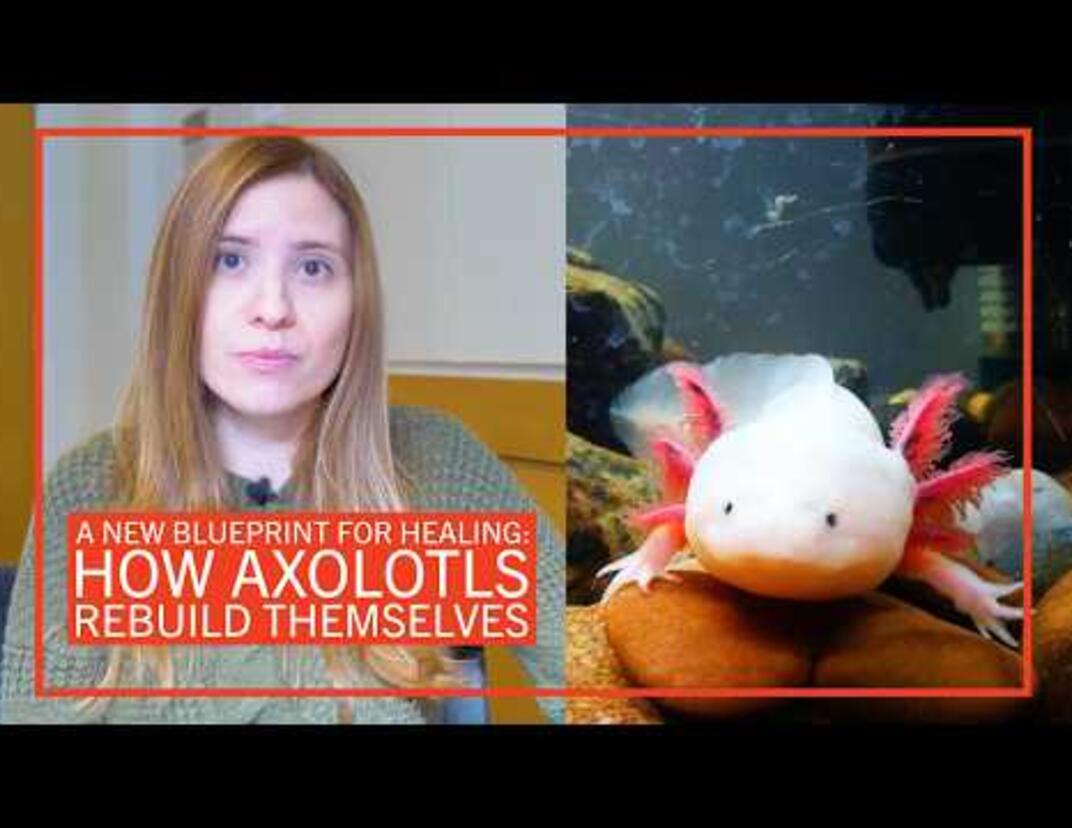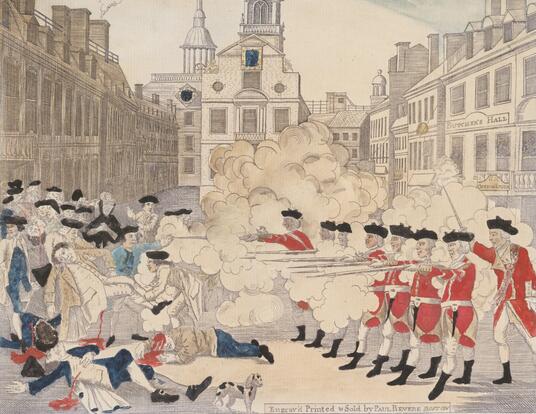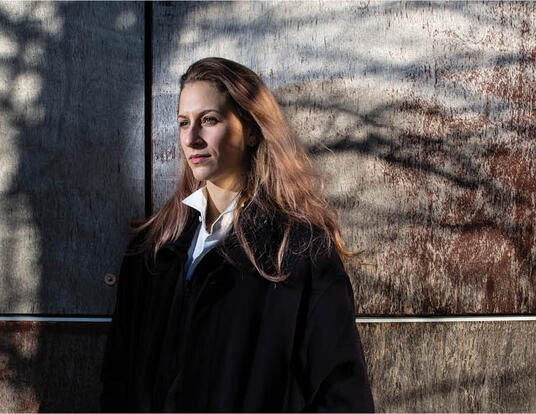Fiona Hill Q&A
As a Brookings Institution fellow and an expert on Vladimir Putin, Fiona Hill keeps her eye on Russia and the surrounding region

Fiona Hill’s journey toward becoming an expert on Russian and Eurasian affairs began while working as an intern for the NBC Nightly News with Tom Brokaw during the 1988 Reagan and Gorbachev Summit, where a chance conversation with an American professor helped solidify her decision to pursue graduate studies. Now director of the Center on the United States and Europe and a senior fellow in the Foreign Policy program at the Brookings Institution, Hill is regularly called on to comment on the region and its leaders, particularly Russian President Vladimir Putin. She has published extensively on issues related to Russia, the Caucasus, Central Asia, regional conflicts, energy, and strategic issues. Her books include The Siberian Curse: How Communist Planners Left Russia Out in the Cold, with Clifford Gaddy, and Energy Empire: Oil, Gas and Russia’s Revival. The second edition of Mr. Putin: Operative in the Kremlin, also co-written with Gaddy, was published by Brookings Institution Press in February 2015.
Hill earned a master’s in Soviet studies and a doctorate in history from GSAS where she was a Frank Knox Fellow. She also holds a master’s in Russian and modern history from St. Andrews University in Scotland and has pursued studies at Moscow’s Maurice Thorez Institute of Foreign Languages. Hill credits the Harvard scholars Richard Pipes, Akira Iriye, Roman Szporluk, Adam Ulam, Tim Colton, Lubomyr Hajda, and many others with playing key roles in her success.
A serendipitous encounter in Moscow during the 1980s set you down the path toward a PhD and scholarly work on issues related to Russia and the surrounding region. Had you always been interested in a research career?
A research career seemed well out of my reach until I ended up at Harvard. When I first started learning Russian and then had the opportunity to study in Moscow in 1987–1988, I contemplated a number of different potential careers, from being a translator to a journalist, or perhaps even joining the (UK) Foreign Service. It was when I got to Harvard and was hired by Graham Allison at Harvard Kennedy School, just after I finished my AM in Soviet studies, to help out with translations for the “Grand Bargain” initiative that I realized there were other options. It was through working at what became the Belfer Center for Science and International Affairs and simultaneously pursuing a PhD in history that I discovered you could combine research and policy analysis in different ways.
Why does the region interest you enough to dedicate your career to it?
Timing is everything. I was finishing up the British equivalent of high school in 1983–1984, which was the height of the 1980s war scare with the Soviet Union. The USSR and the threat of nuclear war were at the top of the news, and in every conversation about international affairs. I had an elderly relative who had been part of the Atlantic Arctic maritime convoys to the USSR forty years before, during World War II, when the UK, the US, and the Soviet Union were all allies, and we were sending supplies to help the Soviet army fend off the Nazi occupation. He talked about that experience all the time and could not understand how we had moved from cooperation to confrontation. I thought that perhaps trying to learn Russian and applying to study history at university would help me to understand how we had got there. Then along came Mikhail Gorbachev, and at every key juncture in my studies and career, something unexpected and interesting would happen—the fall of the Berlin Wall, the collapse of the USSR. I was continually hooked.
What is it like to work at the Brookings Institution? How did your work as a GSAS graduate student prepare you to succeed there?
My graduate work was great preparation for my position at the Brookings Institution. I have applied all of my research and experience from Harvard and have also drawn upon the contacts and networks I made and developed there. Harvard GSAS and also my work at Harvard Kennedy School were the essential stepping stones to my current position at Brookings.
In 2013, you co-wrote Mr. Putin: Operative in the Kremlin with Brookings colleague Clifford Gaddy—you expanded and republished the book in February. Why did you feel it was important to update the book so soon?
The first edition of the book described the political evolution of Vladimir Putin and the development of the domestic political system he created centered on the Russian presidency and the Kremlin. I had embarked on a follow-up project extending the analysis into the foreign policy arena after the book came out; and Clifford Gaddy was working on a separate project on Russia’s military reform and doctrine. When it became clear that Russia was heading on a collision course with the EU and the West over Ukraine, we decided that we should use this new material to expand the original book rather than produce separate monographs. The analysis in the first edition and the follow-on research helped explain why and how the confrontation developed. The events of March 2013 and the annexation of Crimea became the frame for the new edition, which is now in two parts. The second part is the new material essentially describing Mr. Putin as “the operative abroad.”
Do you think Vladimir Putin aims to re-establish the Soviet Union or do you believe he has something else in mind?
Putin sees himself as defending Russia’s position and interests in his neighborhood. He is less interested in re-establishing formal political control over the territory of the former USSR, and more interested in ensuring that Russia has a veto over any security, political, economic, and even cultural decision that is made in Russia’s old sphere of influence, and which impinges on Moscow’s priorities. In many respects he is trying to push the West into accepting the kind of arrangement we had 70 years ago at the end of WWII under the Yalta agreement, where we essentially deferred to Russia’s authority in countries and lands that were also formally part of the Russian Empire (like Finland), not just part of the post-war Soviet bloc. He sees the countries of his neighborhood as weak satellite states, not as fully-independent or sovereign countries that can choose and defend their own political course. This, of course, is not a perspective shared in the West.
Mentoring played an important role during your time as a graduate student. How important is it to you to support students just beginning their careers?
Mentoring was hugely important to me and at all the critical junctures in my career. I am extremely grateful to my Harvard professors, GSAS Administrative Dean Margot Gill, Graham Allison and other colleagues at Harvard Kennedy School, and to people like Jurij and Emanuela Striedter, the former Masters of Cabot House, where I was a resident tutor. Every time I needed assistance or advice they were there to help, and their own life experience and careers were a great source of inspiration. Acknowledging how essential this is was one of the factors that led me to be a resident tutor in the undergraduate dorms, and I continue to try to find ways to reach out at Brookings as well as to support GSAS funds.
Get the Latest Updates
Join Our Newsletter
Subscribe to Colloquy Podcast
Simplecast





